Alex Dowsett: Body Rocket's aero sensor system 'has the capacity to revolutionise cycling performance'
The on-bike wind tunnel device is endorsed by Olympians and WorldTour Riders including Alex Dowsett
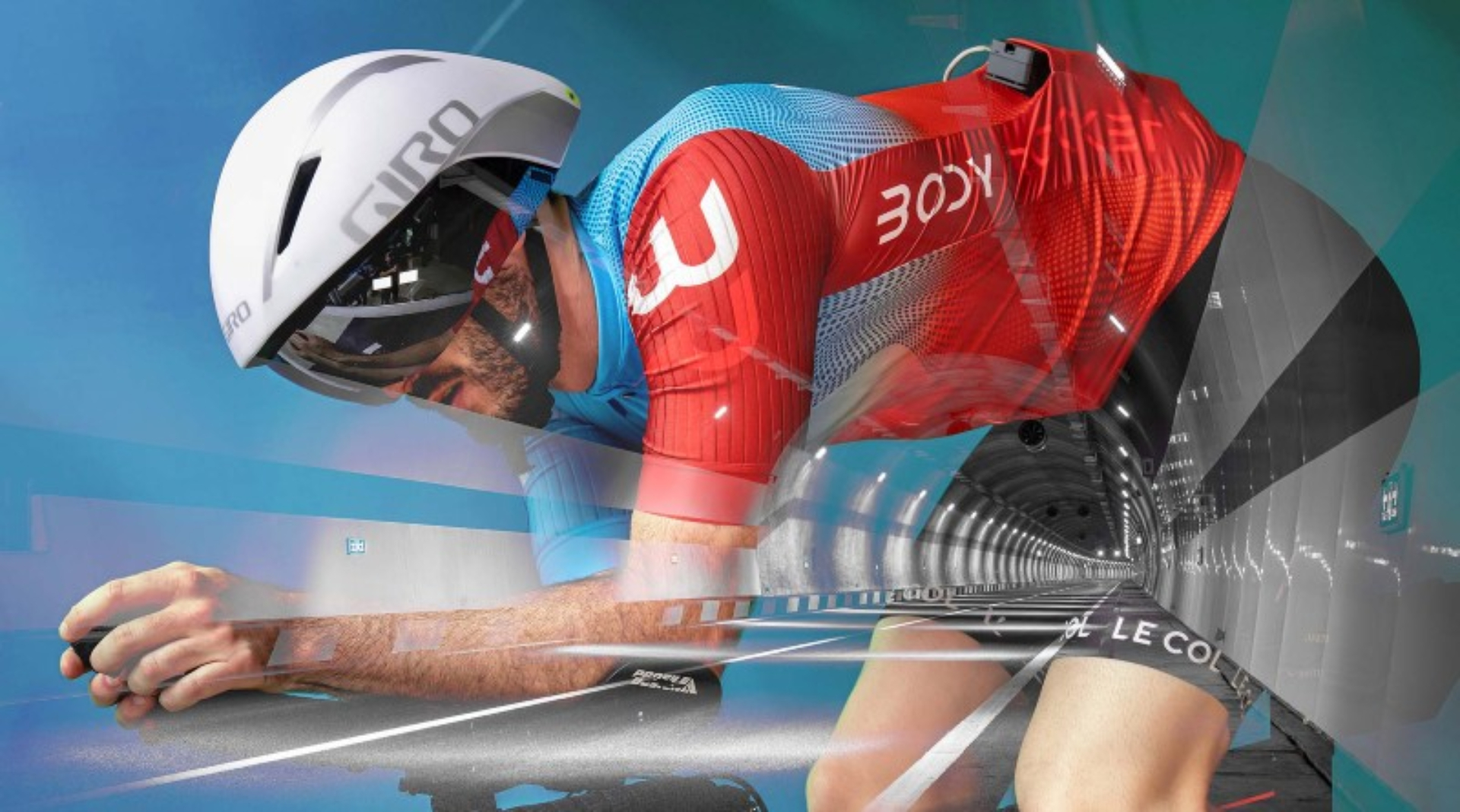
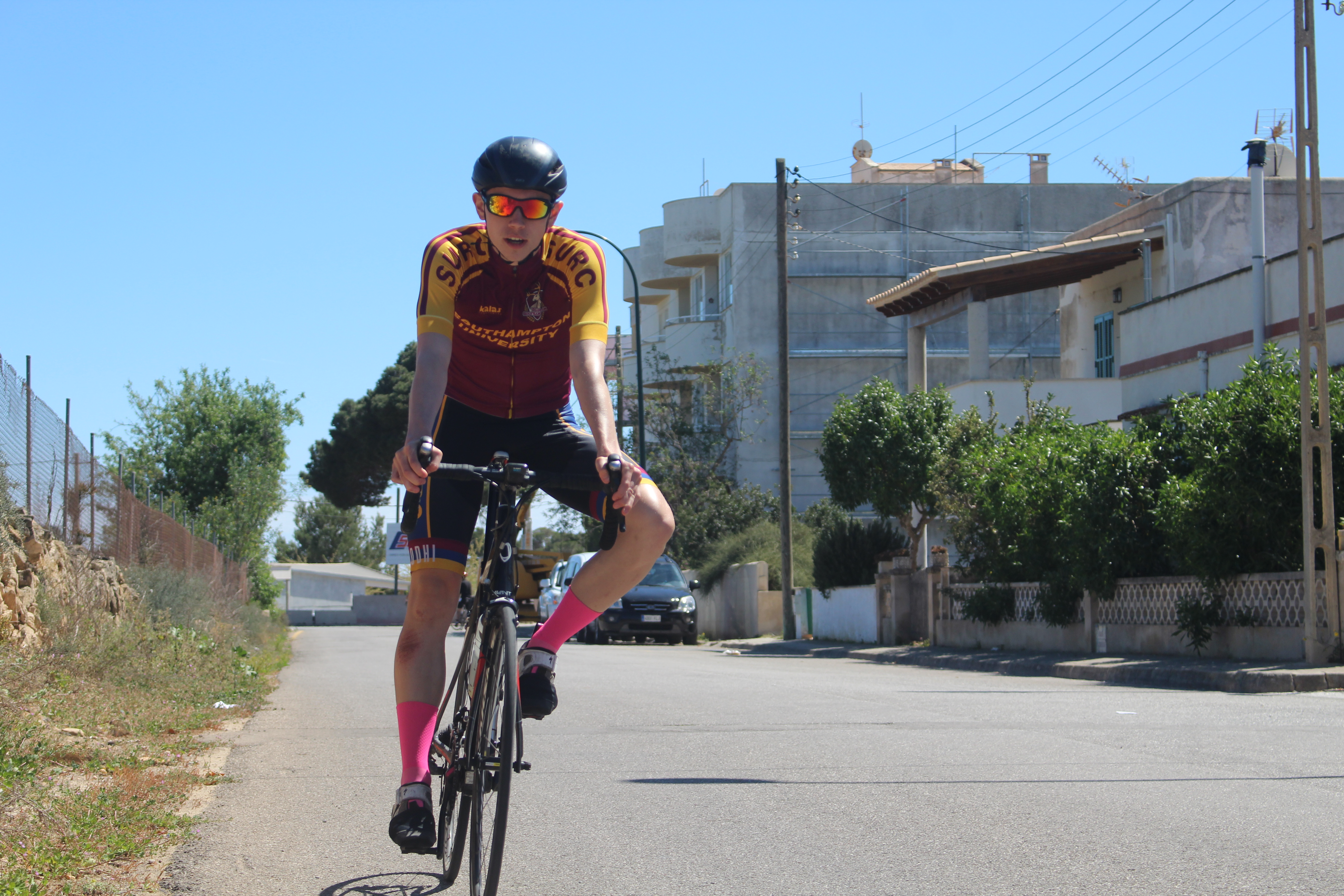
If you’re on Instagram as much as me in the last few weeks you’ll likely have seen a number of top level endurance athletes talking about Body Rocket. It's a company first incorporated in 2018 with a planning to launch its aerodynamic sensing technology in around a year.
Body Rocket has quite a few people excited, including Cycling Weekly columnist Dr Hutch, who wrote on Twitter that, “Body Rocket is a very, very neat way of getting aero out of the wind tunnel and onto the road”. Hutch even went as far as investing his own money in the product. Recently Body Rocket has launched a fundraising campaign on Crowdcube aiming to raise £400,000, which seems to have been relatively successful as half of this target has already been met.
I had a chat with Eric Degolier, CEO of Body Rocket. While the technical aspects of Body Rocket were interesting, the discussion about where he saw the aero-sensor market going in the next few years was most exciting. It aligned with what Barney Garrood, founder of Aerosensor, also said to me. They see it as a Formula 1 like ‘live monitoring’ system. If you’ve watched any F1 race, you’ll likely have seen shots of the team of engineers sitting, staring at computers during the race. They aren’t just watching TV, a formula one car is peppered with sensors measuring aero performance, temperatures of various things (engines, tyres and such) and it's their job to monitor the performance of the car from these measurements.
Cyclists already do this of course. We use the best power meters and wear heart rate monitors on our rides. Chris Froome is often spotted wearing a glucose monitor in his videos and an aero-sensor is an addition to this array of metrics that we use to monitor our performance. Similar to F1, the vision is that the tech used at the top end will trickle down and we are at the early stages of this. Perhaps in 10 years time the average club rider will be measuring their fluid loss, CdA, watts, heart rate and sweat sodium on the Sunday ride?
How does Body Rocket work (and does it work)?
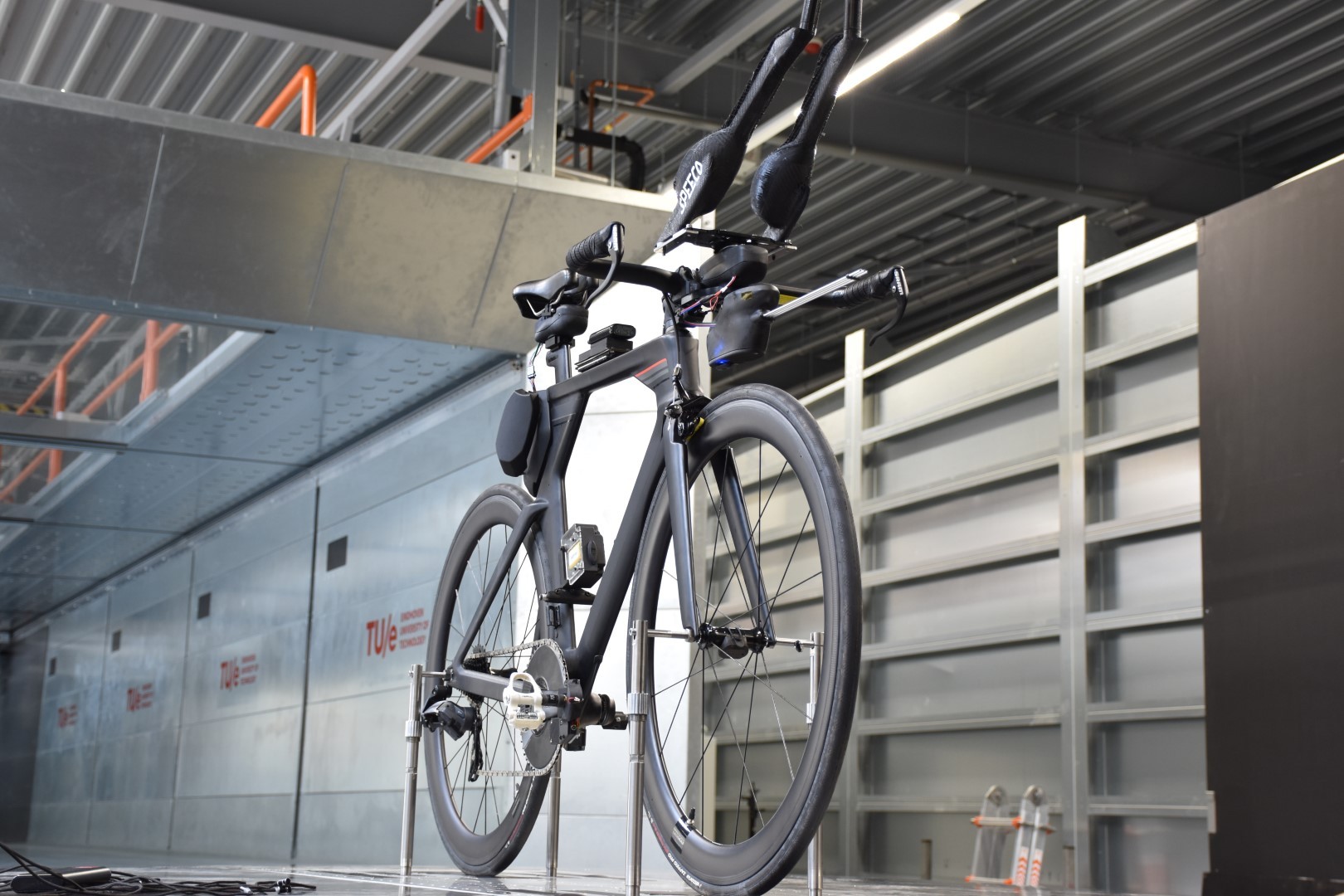
Body Rocket’s main selling point is that it doesn’t use power to 'back calculate' CdA by measuring power and wind speed and estimating power losses. Instead, they directly measure drag force with an array of five sensors on the bike. The idea being that by removing any assumptions you make on power losses, you remove sources of error. A nice thing about measuring drag this way is that you can validate your device directly in the wind tunnel and literally compare the numbers that are coming out.
On top of this wind tunnel validation, Body Rocket have part funded a PhD at the University of Kent in order to do some further validation of the product as well as analysing the data - an encouraging move considering live aero data is fairly new.
Who is involved?
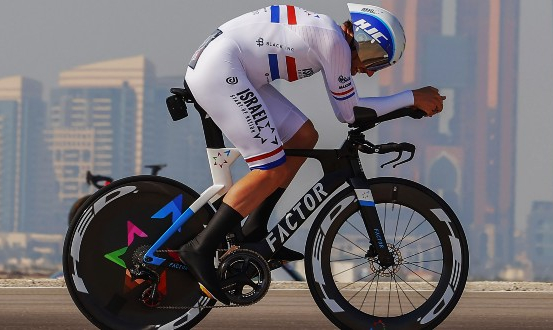
Body Rocket have a number of top athletes involved in their testing process at the moment. Three of these are particularly notable. Recently retired WorldTour rider Alex Dowsett is potentially the most recognisable to Cycling Weekly readers and has invested in Body Rocket, stating, “Real time CdA, it’s coming. It’s the next natural progression in cycling”. He seems extremely excited by Body Rocket.
Get The Leadout Newsletter
The latest race content, interviews, features, reviews and expert buying guides, direct to your inbox!
Norwegian triathletes, Kristian Bummenfelt and Gustav Iden, have also recently started working with Body Rocket thanks to the Norwegian triathlon team’s scientific guru Olaf Aleksander’s influence. He’s often credited with being the brains behind some of the advances in performance we’ve seen from these athletes. Kristian has alluded to the fact that Body Rocket will be one of the key technologies keeping him ahead of his competitors saying, “It’s important to always stay on the cutting edge of technology. Having this next-level data about aerodynamics, in real-time, will help to identify improvements we can’t currently evaluate.”
How much will it cost?
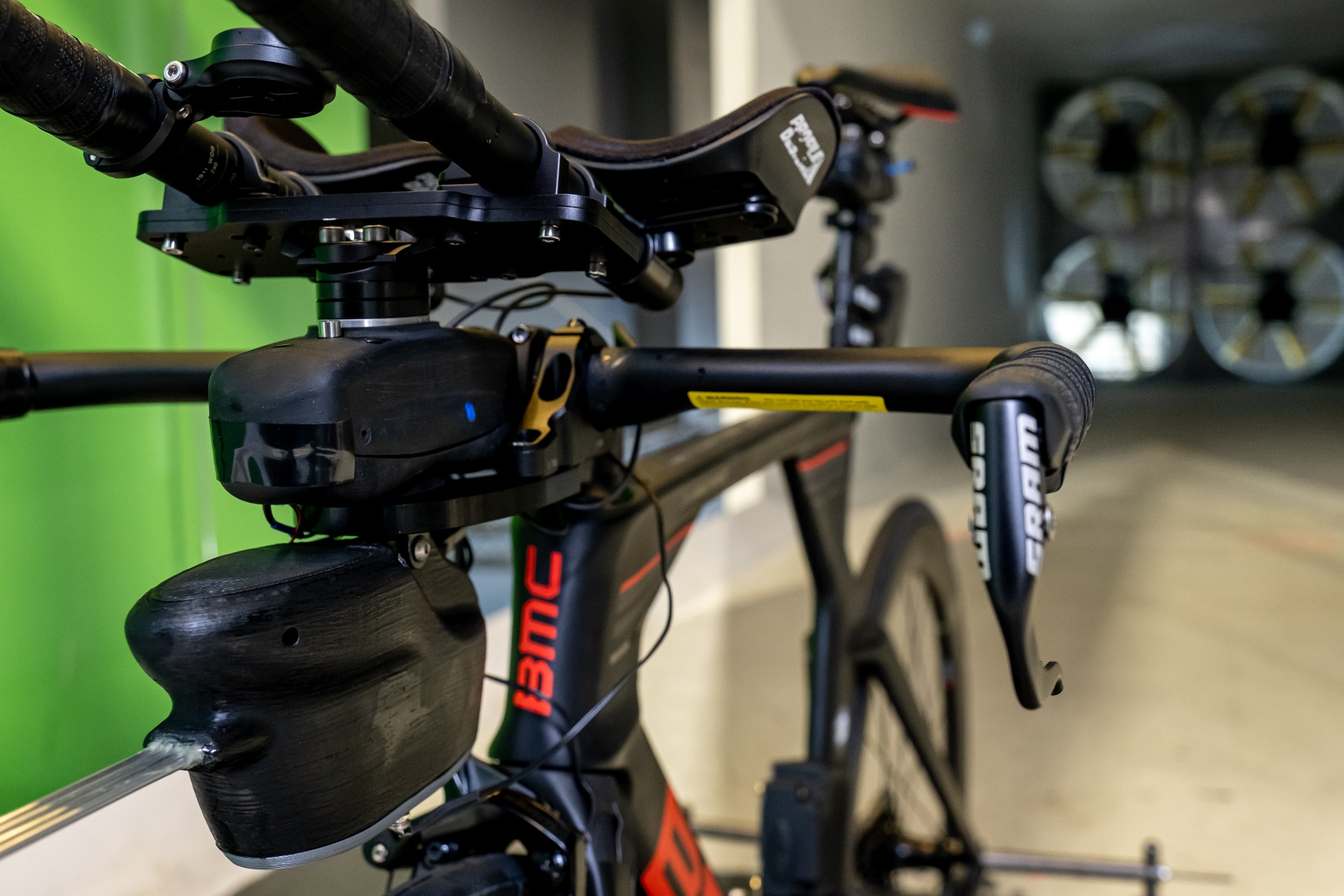
The Body Rocket sensor array will be available to buy for around £2,000 - which is obviously not cheap. They do predict this will decrease as the price of consumer electronics decreases and demand increases. By the time of launch, hopefully the device will have compatibility across all the best head units. For your two grand, you’ll get five sensors as well as access to Body Rocket’s analytics platform which is currently under development.
What are the challenges for the industry?
There are a few remaining technical challenges. One of these is the wind speed measurement. The ideal position for your wind speed measurement is out in front of the bike in completely clean air, which is not particularly convenient. Currently the industry faces challenges in taking this measurement accurately. Many companies, Body Rocket included, are turning to Formula 1 for assistance with this challenge.
Body Rocket appear relatively convinced that they’ve come up with a device that will revolutionise the aero-sensing industry. It’s certainly an interesting product and I agree with Eric’s vision for where the industry is heading. The proportion of uptake from consumers more widely will be an interesting one and the £2,000 buy in is a tough hurdle to overcome. That said, I shall be watching the development of Body Rocket with a great deal of interest.

Thank you for reading 20 articles this month* Join now for unlimited access
Enjoy your first month for just £1 / $1 / €1
*Read 5 free articles per month without a subscription

Join now for unlimited access
Try first month for just £1 / $1 / €1

Tom Epton is a freelance writer and data scientist. Originally training as a scientist after completing his studies in physics he realised that cycling was what he wanted to spend his life thinking about. Now he works with manufacturers, athletes and teams using cutting edge data science methods to find performance gains. Tom writes primarily about sport-science and tech!
-
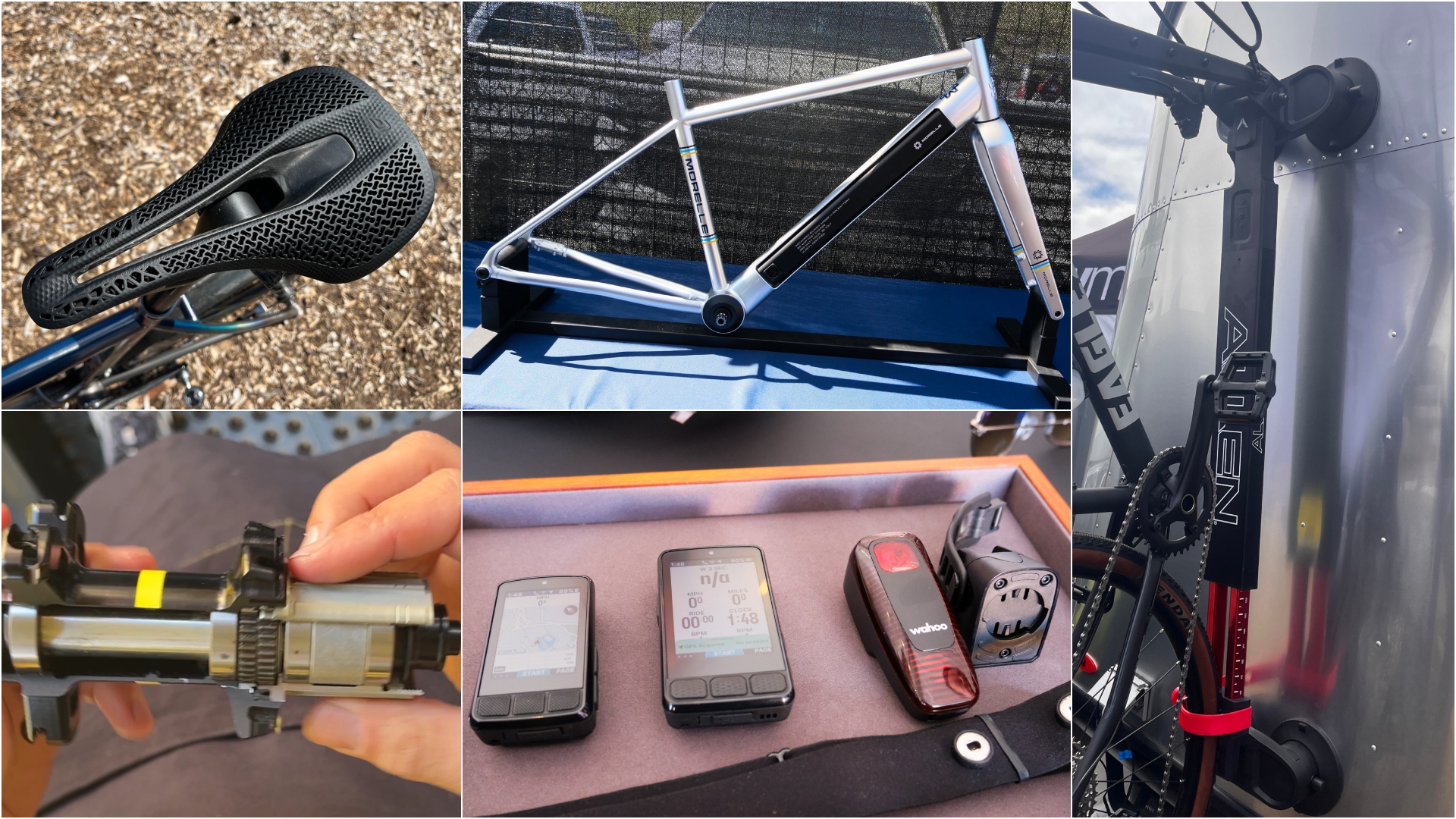 A bike rack with an app? Wahoo’s latest, and a hub silencer – Sea Otter Classic tech highlights, Part 2
A bike rack with an app? Wahoo’s latest, and a hub silencer – Sea Otter Classic tech highlights, Part 2A few standout pieces of gear from North America's biggest bike gathering
By Anne-Marije Rook
-
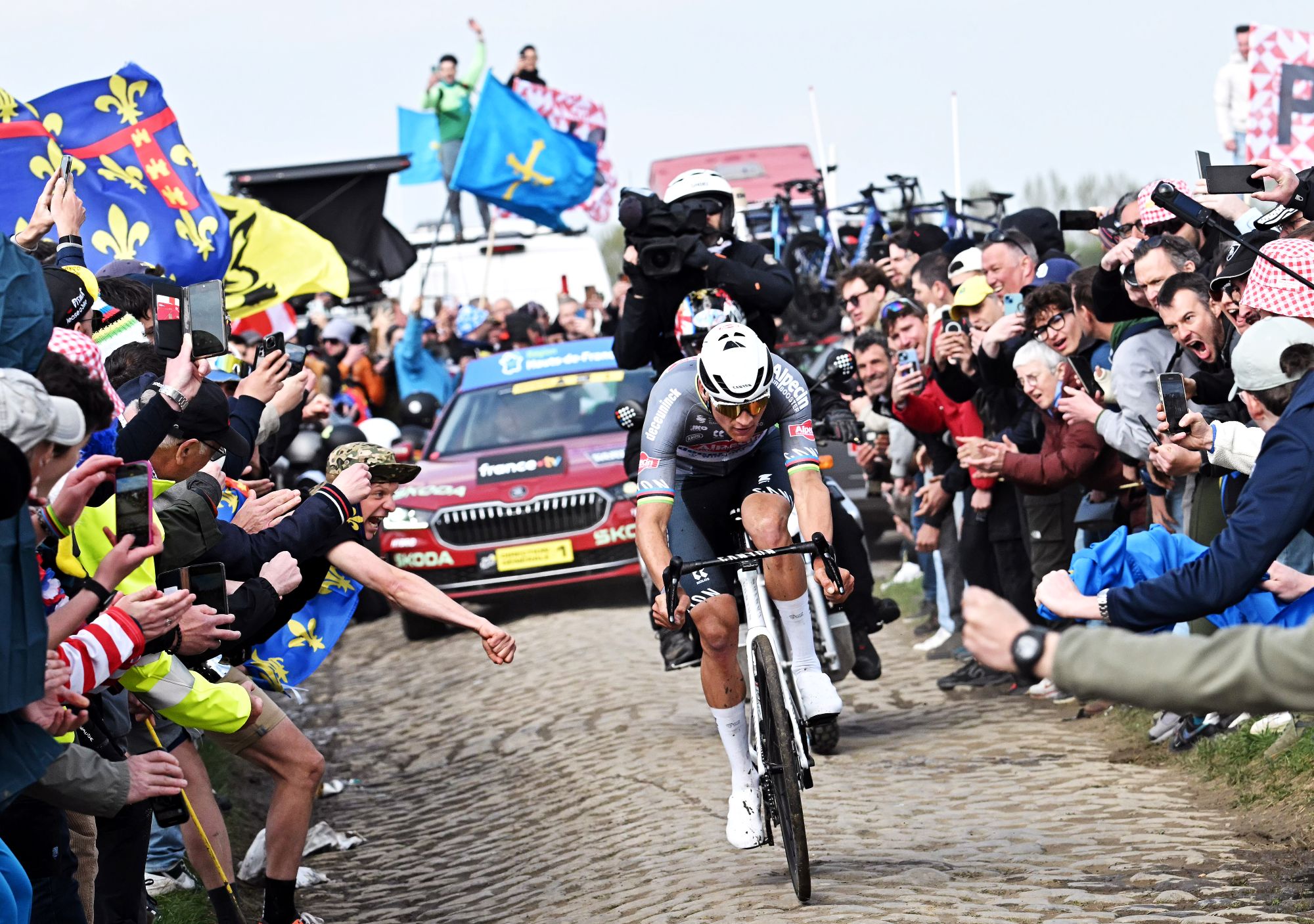 Cycling's riders need more protection from mindless 'fans' at races to avoid another Mathieu van der Poel Paris-Roubaix bottle incident
Cycling's riders need more protection from mindless 'fans' at races to avoid another Mathieu van der Poel Paris-Roubaix bottle incidentCycling's authorities must do everything within their power to prevent spectators from assaulting riders
By Tom Thewlis